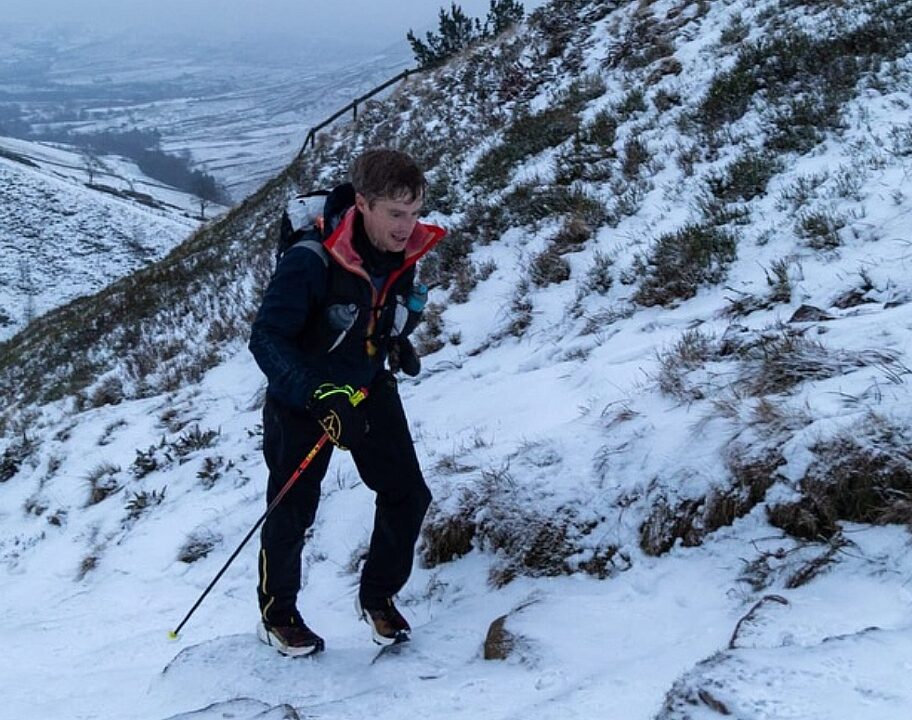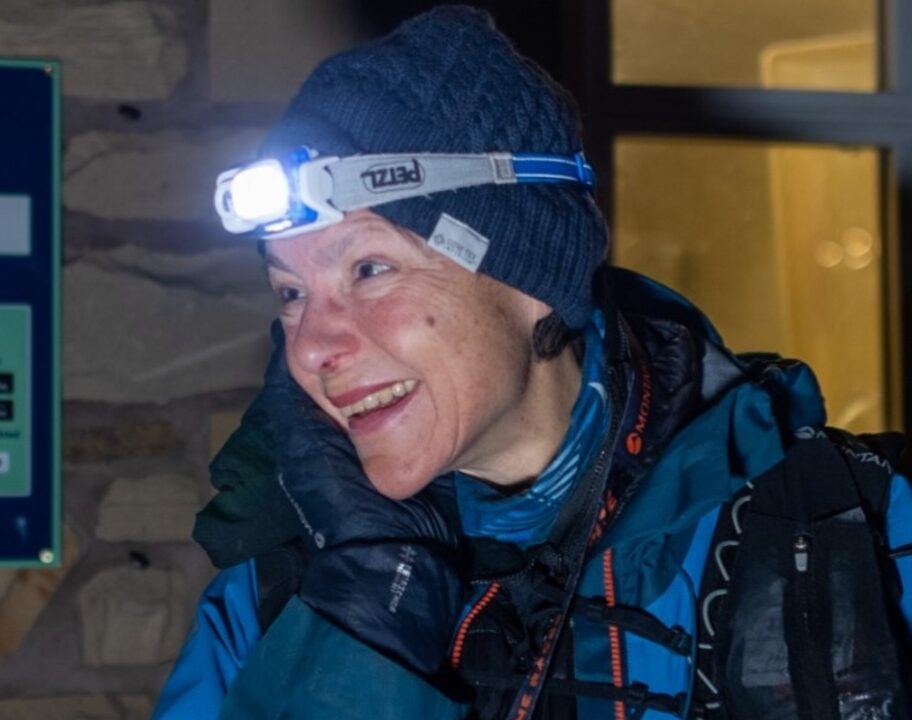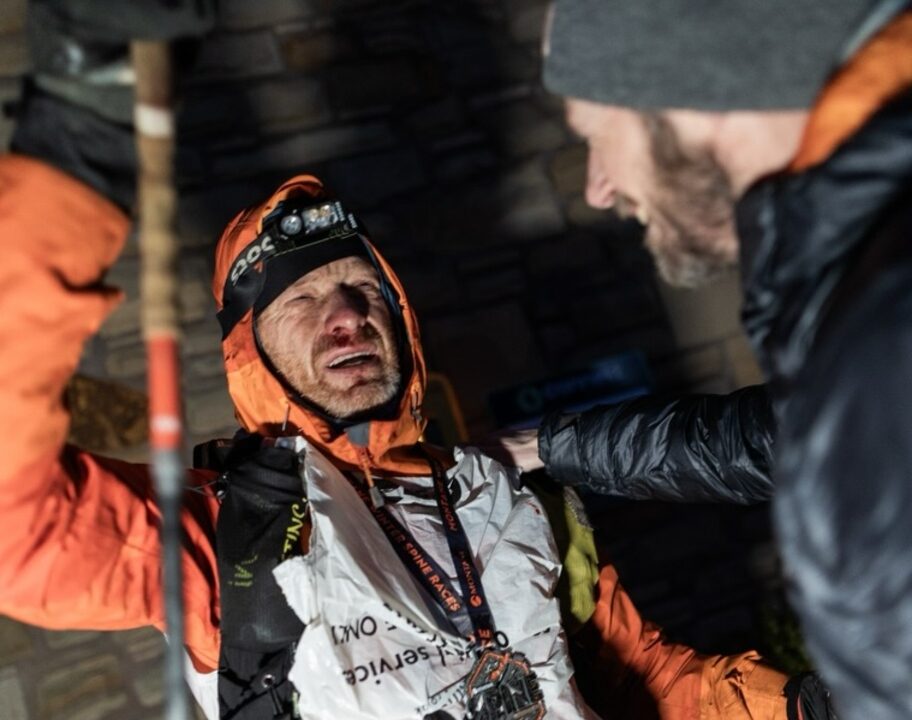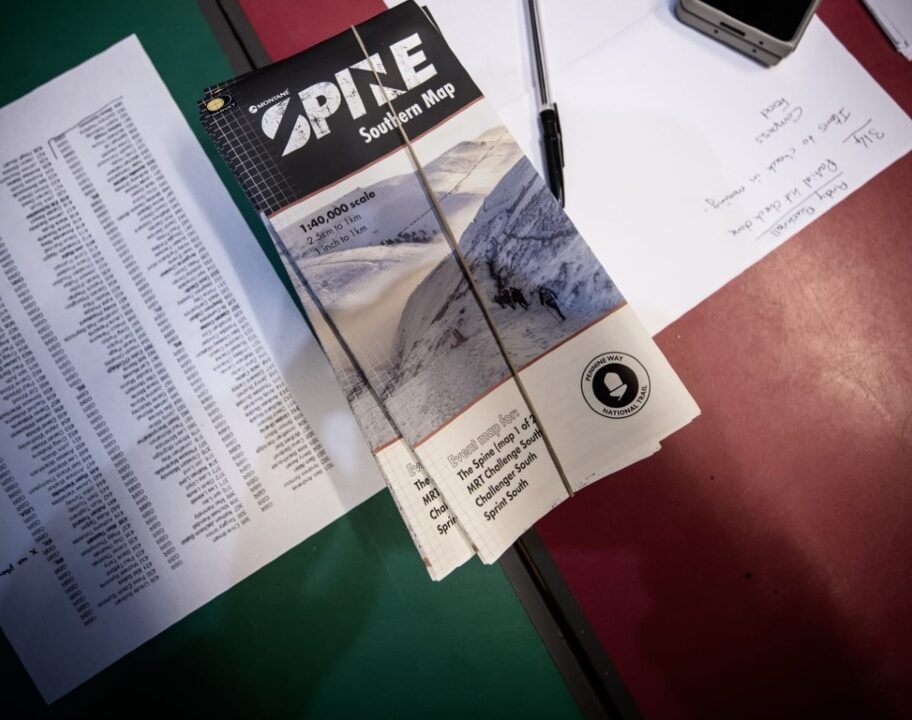The Montane Yukon Arctic Ultra (MYAU) lived up to its reputation as competitors were dealt punishing conditions in northern Canada last week – and climate change is believed to have been a factor in several environmental shifts.
With the 2021 event cancelled due to complications brought on by the COVID-19 pandemic, the MYAU, billed as one of the toughest races in the world, returned on February 3 and duly served up a series of unique challenges.
Race organiser Robert Pollhammer told CBC that getting this year’s event completed was “weird, strange, challenging”, as the pandemic proved to be just one of many hurdles to overcome.
He explained on Facebook how “record snowfalls and very warm temperatures in the second half of the race” made the going even tougher for those taking on the marathon, 100-mile and 300-mile challenges, and forced alterations to the planned route.”
Pollhammer raised concerns that the unpredictable weather was a result of climate change, an issue he admitted “will likely keep challenging us”.
Although it is not uncommon for competitors to pull out of the event, the particularly arduous conditions saw a large contingent drop out over the first couple of days.
The race organisers therefore had a hectic few hours providing assistance to athletes scattered across the trail, and there would be further issues over the remaining days.
Treacherous overflow
‘Overflow’ from lakes and rivers – wet snow anywhere from ankle to knee deep – caused by rising temperatures made it incredibly difficult for competitors to make progress and jeopardised any potential rescues.
This resulted in the organisers tweaking several aspects of the route, including the turnaround point at Mandanna Lake, which ultimately shortened the 300-mile race to under 250 miles.
The perilous conditions meant just three of the 14 taking on the 100-mile race – Nathan Quinn, Connor Murray and Brian James – managed to finish.
“I was surprised that also a lot of athletes in the 100 mile race did not finish,” Pollhammer admitted. “And I do blame it mainly on the snow. I mean, it just makes it very tough.”
But he was adamant the return of the race was a success, and was proud of everyone’s effort in getting the event completed safely.
“I’ve seen a lot of smiles out there and positive feedback even from people who didn’t finish, so I would say it was worth it,” he added.
Gladish glory
In the 300-mile event, Yukon local Jessie Gladish was first to finish overall and in the MTB category, reaching the line at Shipyard’s Park at 4am on February 9 – around six days after she set off.

Competing on a fat bike for the first time in her sixth MYAU, Gladish admitted she considering dropping out, but has “a hard time quitting”.
“Basically I had the best ride of my life,” she explained to Yukon Morning when discussing one of the more favourable stretches of trail in the second half of the race.
“There was nobody in front of me. The temperature was not scary at all. And the trail was actually firm, and I rode the entire 56 kilometre stretch pretty quickly.”
Ireland’s Kevin Leahy finished second overall behind Gladish and was the first to finish the 300-mile race on foot.
USA’s Daniel Benhammou and Germany’s Stephan Huss were next to finish, ahead of another Irishman in Aodh Ó Currain.
Britain’s Phil Cowell was the final athlete to cross the line early on February 11.
In the marathon event, Canadian Derek Cronmiller took overall victory ahead of compatriot Sydney Flodsted, who was first in the women’s catagory.
The MYAU’s sister race and Europe’s longest non-stop winter ultra race, the Montane Lapland Arctic Ultra, starts on March 6.










